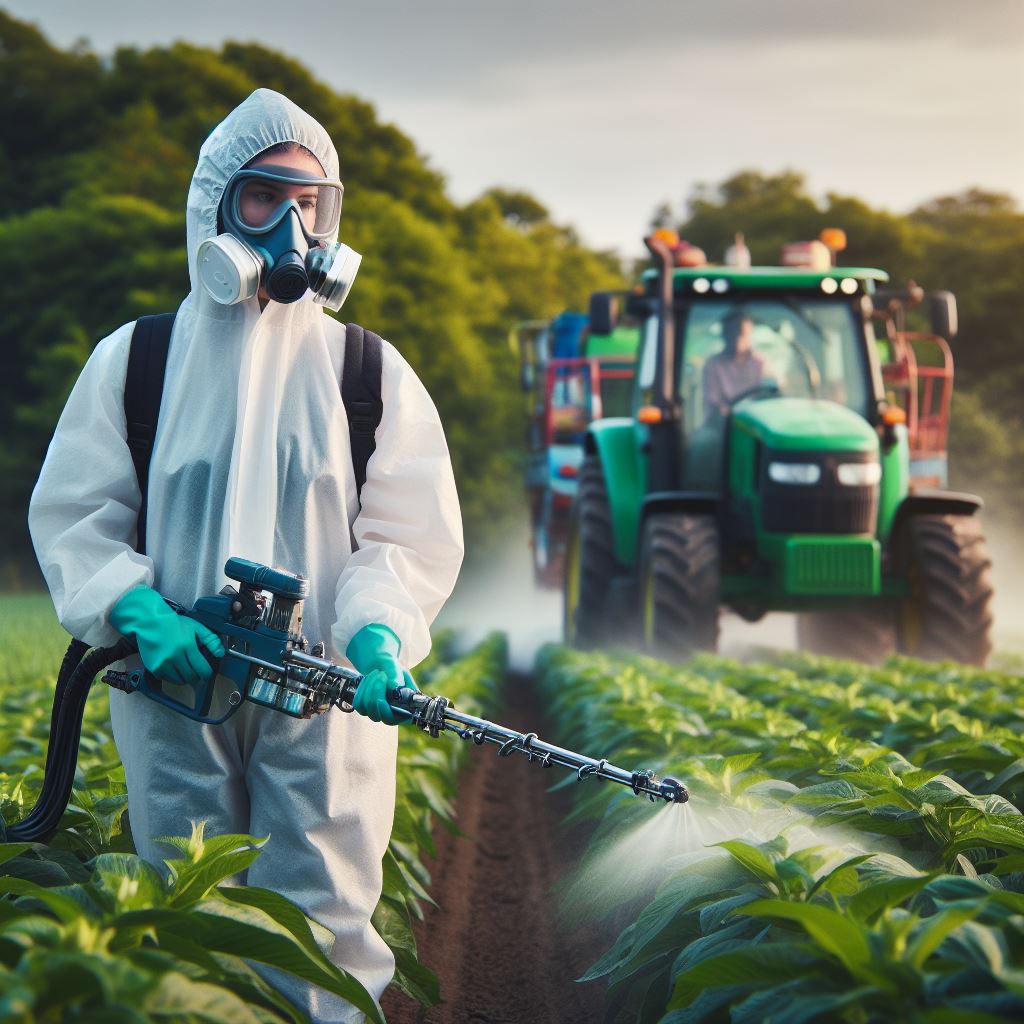
Pesticide Handler
$45K
Some
2.0%
Note: Take the free career test to see your fit with this career. Fit scores are available after just 6 items.
Caution: Very low confidence in fit score from just 6 items. To increase accuracy, answer more items.
Caution: Very low confidence in fit score. It can be improved by taking into account your needs. To increase accuracy, continue the career test.
Caution: Low confidence in fit score. It can be improved by taking into account your aversions. To increase accuracy, continue the career test.
Caution: Modest confidence in fit score. It can be improved by taking into account your specific interests. To increase accuracy, continue the career test.
Caution: Moderate confidence in fit score. It can be further improved by taking into account your interest aspects. To increase accuracy, continue the career test.
Note: High confidence in fit score. It can be improved further by taking into account your personality. For maximum accuracy, finish the career test.
Note: Would you like to speak with a career guidance counselor?




















